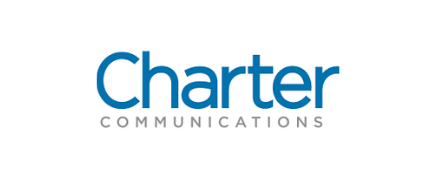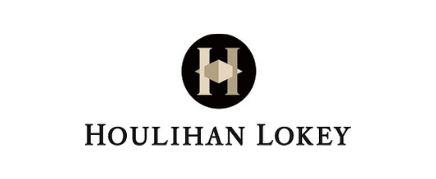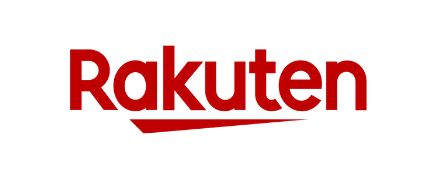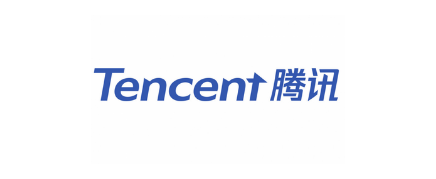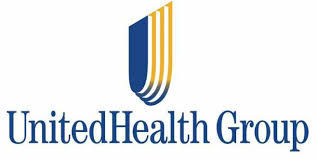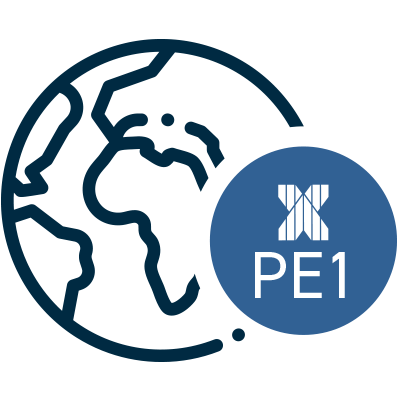SHARE PRICE
NTA POST-TAX
NTA PRE-TAX
INVESTMENT PERFORMANCE1
DIVIDEND YIELD2
CONSECUTIVE DIVIDENDS PAID
1. Investment performance since new mandate adopted 1 July 2017.
2. Dividend yield is based on current displayed share price and dividends declared over the previous 12 months
3. Grossed up yield is based on current displayed share price, dividends declared over the previous 12 months and the tax rate and franking percentage applicable for the most recently declared dividend
SUMMARY
February was an extraordinary month within a normally placid bond market. Catalysed by growing inflation expectations, longer-dated bond yields rose by relatively large amounts and the spread of nominal yields and real yields widened. This had an immediate negative impact on growth stocks, which declined, while reflation stocks rebounded.
View full commentary here


